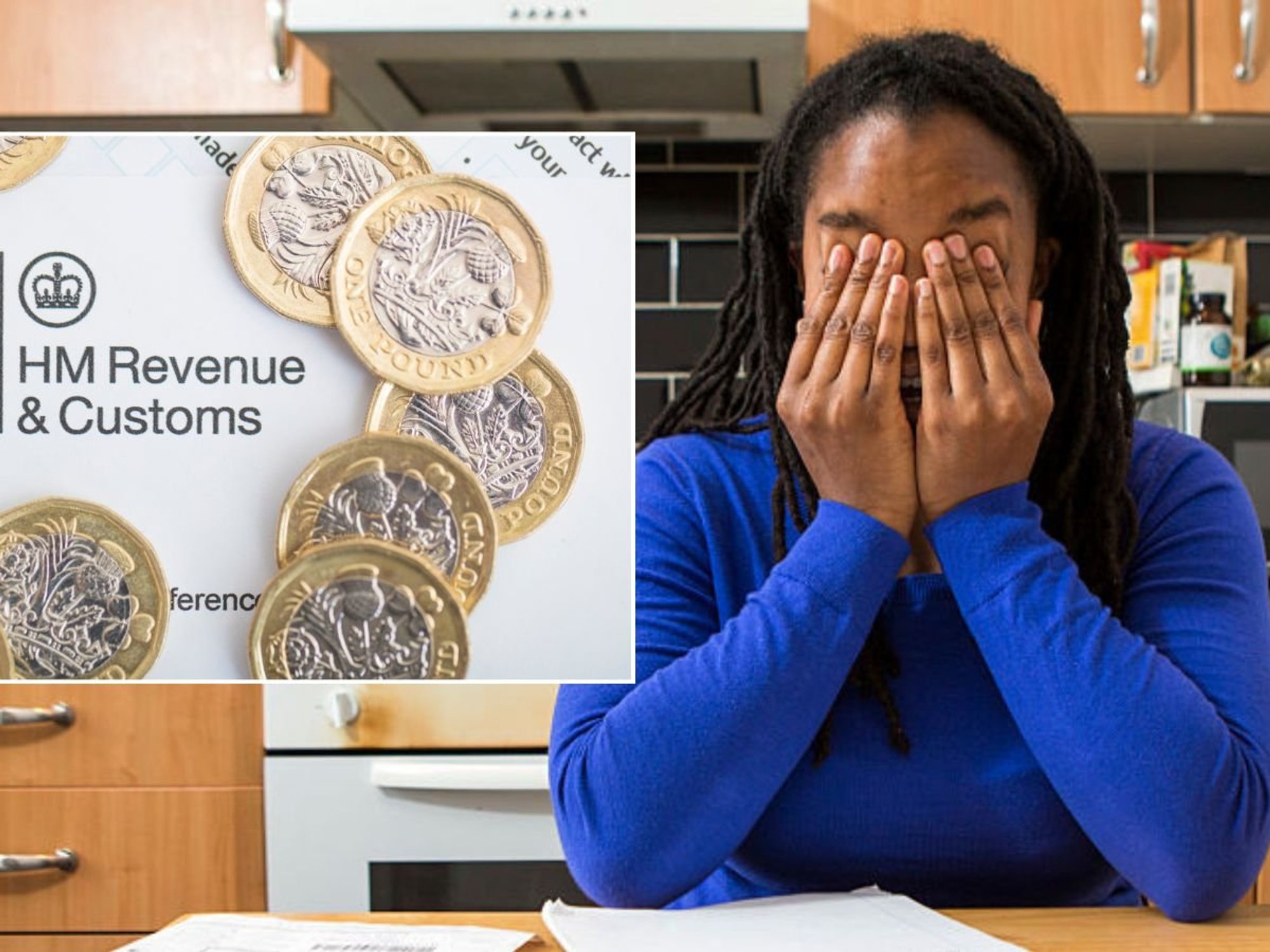Britons can gift 'any amount' to family without paying inheritance tax – but you need to prove these three things

Inheritance tax: How charitable giving can cut your bill |
GBNEWS

There are a set of rules around gifting that can help people manage an inheritance tax bill
Don't Miss
Most Read
Latest
Britons have the ability to gift unlimited amounts to their family members without incurring inheritance tax liability, provided they follow specific rules and exemptions.
This comes as inheritance tax receipts reached £0.8 billion in April 2025, marking a £97 million increase from the previous year, according to the latest HMRC data.
The Office for Budget Responsibility estimates that nearly 10 per cent of estates will face death duties by 2030, driven by rising property values and frozen tax thresholds.
Currently, most estates avoid inheritance tax through spousal exemptions and nil rate bands, with couples potentially passing up to £1 million to children or grandchildren tax-free when including the residential nil rate band.
However, careful planning remains essential as tax rules continue to evolve.
One particularly valuable exemption allows individuals to make unlimited gifts from their surplus income without any inheritance tax implications. These gifts leave the estate immediately, but strict criteria must be met.
Helen Morrissey, head of retirement analysis at Hargreaves Lansdown said: "The 'gifting out of surplus income’ rules enable you to give away gifts of any amount and they leave your estate immediately.
"You need to be able to prove the gifts are regular, you aren't impacting your own standard of living, and you are gifting from income rather than capital."
The first rule for tax-free gifting from surplus income is that the gifts must be regular and form a consistent pattern. This isn't a one-off arrangement.
The second rule is that gifts must come from surplus income rather than capital. This is a fundamental distinction that HMRC scrutinises closely.

This can be a useful way of managing a potential inheritance tax bill
| GETTYThe third rule is that gifts must not affect the giver's standard of living. This ensures the donor isn't impoverishing themselves to reduce tax liability.
Morrissey said: "This can be a useful way of managing a potential inheritance tax bill, but you will need to make careful notes as to what was given and when, so a pattern of gifting is established. You may decide to take financial advice to make sure you aren’t falling foul of the rules."
Individuals must document what was given and when to establish a clear pattern of gifting. When gifts don't qualify for immediate exemptions, they're classified as Potentially Exempt Transfers (PETs).
There's no limit on PET amounts, but they only become inheritance tax-free if the giver survives seven years after making the gift.
If someone gives away assets during their lifetime and dies within seven years, taper relief can reduce the tax owed on that gift. The longer they live after making the gift, the lower the tax rate:
- 3 to 4 years – 32 per cent
- 4 to 5 years – 24 per cent
- 5 to 6 years – 16 per cent
- 6 to 7 years – 8 per cent
- 7 years or more – 0 per cent (no tax due)

inheritance tax affects only around four per cent of families
| GETTYThe upward trend in inheritance tax receipts looks set to continue, with predictions suggesting the 2025/26 tax year will surpass the £8.2 billion collected in 2024/25.
This increase reflects the combined impact of rising property prices, regulatory changes and allowance freezes that have remained static for years.
Currently, inheritance tax affects only around four per cent of families, as assets can pass between spouses tax-free and they can inherit unused portions of their partner's nil rate bands. However, significant changes loom on the horizon.
From 2027, the Government plans to bring pensions within the scope of inheritance tax, a development that only 48 per cent of people are aware of, according to Hargreaves Lansdown research.
This change could substantially increase the number of families facing inheritance tax bills.

Awareness of the pension changes varies significantly by income bracket
| GETTYAwareness of the pension changes varies significantly by income bracket, with 86 per cent of additional rate taxpayers informed compared to just 45 per cent of basic rate taxpayers. This disparity concerns experts who warn against hasty decisions.
"It's important to be aware of these looming changes, but not let worry push you into making action that you later come to regret," cautions Morrissey.
She emphasises the importance of maintaining financial flexibility for potential care needs in later life. "You don't want to be in a position where you need to ask loved ones to return money at a later date," she adds.
Financial advisers recommend ensuring any gifting strategy leaves adequate reserves whilst taking advantage of legitimate exemptions to manage potential inheritance tax exposure.
More From GB News










